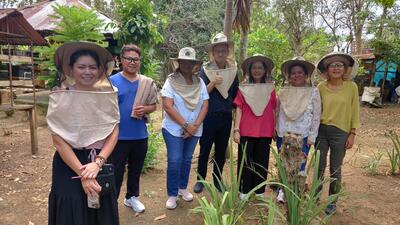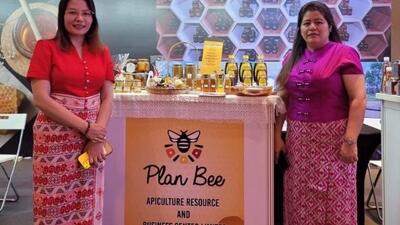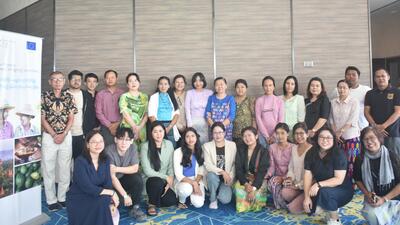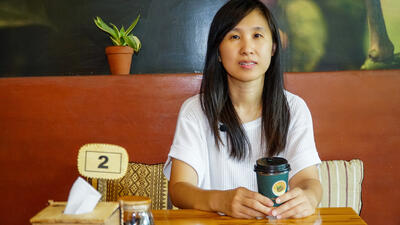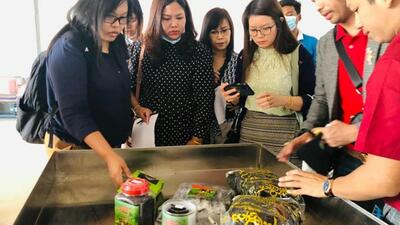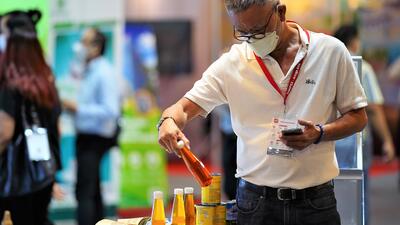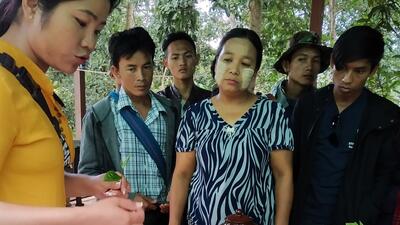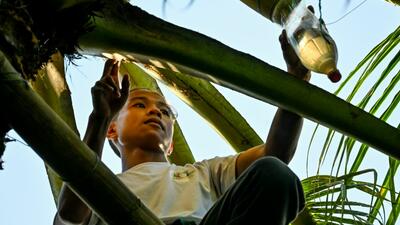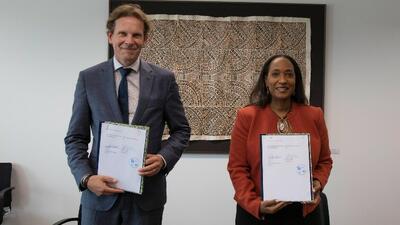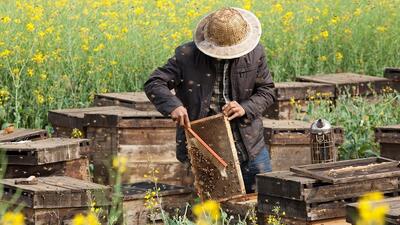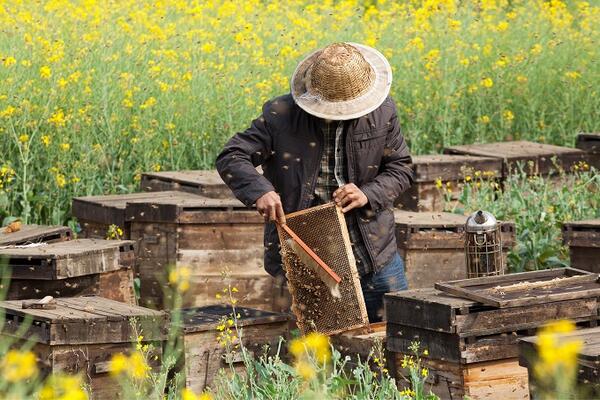
Myanmar: Now exporting honey to the European Union
Myanmar can now export honey to the European Union (EU) according to an EU Commission Decision made on 29 July 2020.
Implemented by the International Trade Centre, the EU-funded ARISE Plus Myanmar project supports the private and public sectors in the country in boosting their exports of honey products within the economic space of the Association of Southeast Asian Nations, and to the EU and global markets.
The EU approved Myanmar's National Residue Monitoring Plan for the importation of honey produced in Myanmar. Myanmar honey producers receiving orders from European countries can now sell and export their products, provided they meet the EU safety and quality requirements as well as standards for honey production.
'It is a milestone for the country that the EU recognizes the National Residue Monitoring Plan as a reliable instrument to monitor chemical residues in honey,' says Pamela Coke-Hamilton, Executive Director of the International Trade Centre. 'This is what creating added value is all about and I am pleased that we may now be able to sample this amazing product in Europe.'
Dr. Johann Hesse, Head of Cooperation, Delegation of the European Union to Myanmar, says, 'Ensuring EU food safety and quality requirements through every level of the food supply chain is challenging, but rewarding. Myanmar beekeepers now have access to a market of 450 million consumers looking for quality products. Welcome to the EU!'
The approval is significant because it stands for safety in line with stringent EU food production requirements. It also promotes market competitiveness: two years ago, buyers from the EU showed their interest in buying honey from Myanmar but the country was not officially listed for honey exports to the EU. Now, beekeepers, collectors and honey exporters can benefit.
Collaboration for stronger institutions
The Apiculture Development Division of the Livestock Breeding and Veterinary Department of the country's Ministry of Agriculture, Livestock and Irrigation submitted the report of the National Residue Monitoring Plan to the EU along with test samples.
'We will be continuously working to establish sustainable Myanmar honey trade to the EU market and to ensure its quality and safety of products for export,' says Deputy Director General of the Livestock Breeding and Veterinary Department Dr. Than Naing Tun.
'Quality and safety measures are important to penetrate and maintain a new market like the EU. We have urged all stakeholders to keep going with concerted effort,' adds Aung Khaing Htwe, the Chairman of Myanmar Apiculture Association and Managing Director of Smile Happy Co., Ltd.
A silver lining in the face of COVID-19
Due to the current health crisis caused by COVID-19, super or healthy foods, such as honey and other bee products, have gained increasing interest from the public. This has resulted in higher international prices for honey - and Myanmar has the opportunity to grow its export linkages in the product if it ensures internal sanitary control mechanisms for its honey production.
This is where ARISE Plus steps in. In recent years, Myanmar's authorities have strengthened their capacity to implement the sanitary controls necessary to guarantee honey exports. ARISE Plus Myanmar works closely with these authorities, organizing training sessions and developing tools such as checklists and guidelines for Good Beekeeping Practices, Good Manufacturing Practices as well as Hazard Analysis and Critical Control Points.
So far, more than 100 stakeholders from the honey sector attended the capacity-building activities of the project where experts from the International Trade Centre assisted the Apiculture Development Division in their reporting and laboratory testing in Germany.
ARISE Plus also supports the Government of Myanmar in issuing the public health attestation (veterinary certificate) that must accompany each honey export.
About the project
The ARISE Plus Myanmar project contributes to the growth of inclusive and sustainable trade in Myanmar. It supports the honey sector in complying with sanitary and phytosanitary measures to access international markets, particularly the EU and the Association of Southeast Asian Nations. For this, the International Trade Centre takes a holistic approach by strengthening the Apiculture Development Division's official control and assisting the laboratories to test quality and safety parameters for honey.




